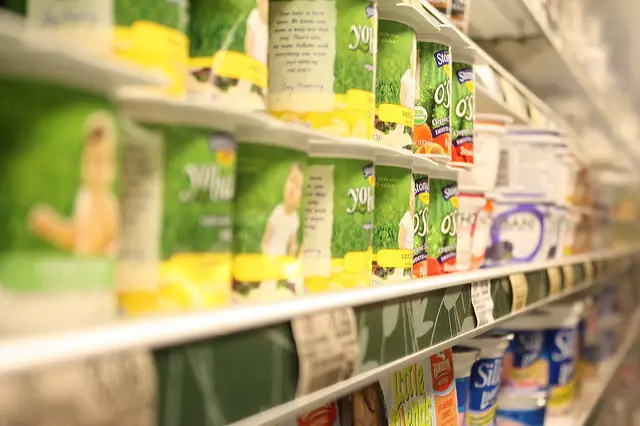Maggie gives us an update on the Plastic Challenge. Ed
Three Isle of Wight environmental campaigners are taking part in the Marine Conservation Society’s Plastic Challenge this month to raise awareness of the massive problem of plastic rubbish polluting the world’s oceans, harming marine life, from fish to marine mammals, and humans. Our local campaign is backed by the Isle of Wight Green Party.
First week without plastic
In Week One we have been trying to live without single-use plastic.
Vix Lowthion, Leader of the Isle of Wight Green Party and mother to three young boys, writes:
“I have found it close to impossible to function without single-use plastic. On the first day, my biro ran out.
“As it’s half term, we have eaten out a bit and the kids are given plastic cups, plastic wrapped sandwiches, etc. So wasteful! And in a busy week, shopping around for fruit and veg is my biggest obstacle – almost everything comes in plastic boxes in the supermarkets.
“Breakfasts are easier to do, but snacks and main meals much trickier.”
More use of glass bottles?
Maggie, a vegetarian, says:
“I have a problem with soya milk, a vital part of my daily non-dairy diet, as it’s rich in essential vitamins and minerals. Although it comes in a carton, that has a plastic cap and is lined with plastic. The same is true for nut milks and fruit juices in cartons.
“There is far less plastic than in a plastic bottle, used for most dairy milk. No plastic bottles are likely to be reused much because we have to keep buying more. We could make our own soya milk or fruit juice and store it in glass bottles or jars that can be reused many times.
“Or these liquids could be sold in glass bottles, returned for refilling.”
Buying from farm shops
Jenni buys local, organic produce and Fairtrade products.
Her first stumbling-block is yogurt that comes in a plastic-lined carton with a plastic top. She says:
“Even if you make your own yogurt, you have to use a starter culture for the first batch and it comes in a plastic-lined carton.”
Jenni buys fresh produce direct from a local farm shop, in paper bags or straight into her basket, and fruit juice in glass bottles from a local orchard.
Share your ideas
We want to hear from local people and businesses with ideas on how we can reduce the amount of single-use plastic in our daily lives. We prefer to source local produce, when possible, to reduce unnecessary energy and pollution in long-distance transport.
We have started compiling a directory of businesses.
One of the biggest challenges is sourcing plastic-free personal care items, such as toothpaste, shower gel, bath foam and facial cleansers, as well as cleaning products. Perhaps we could make these ourselves?
Please email Maggie Nelmes at [email protected] or telephone 852274.
Image: thecrazyfilmgirl under CC BY 2.0





